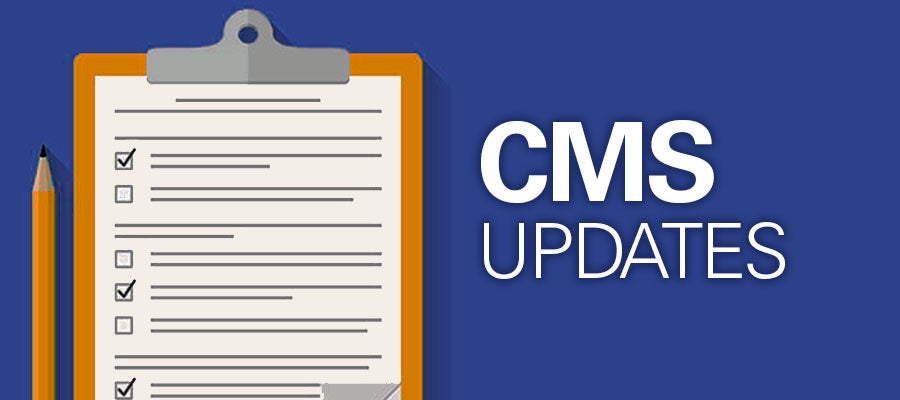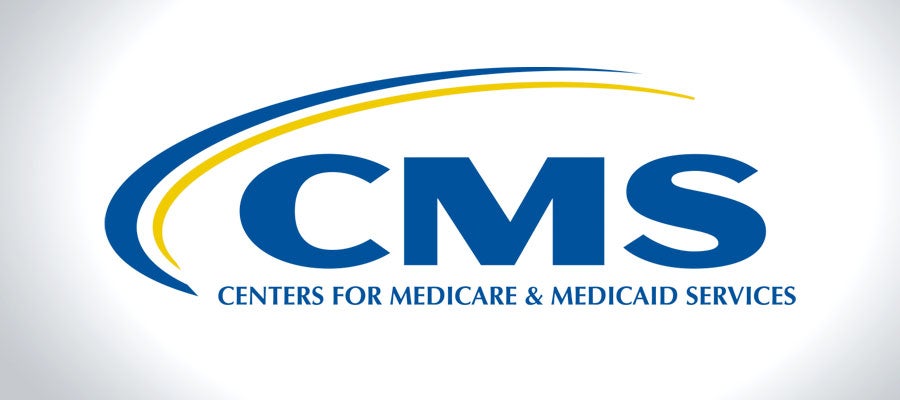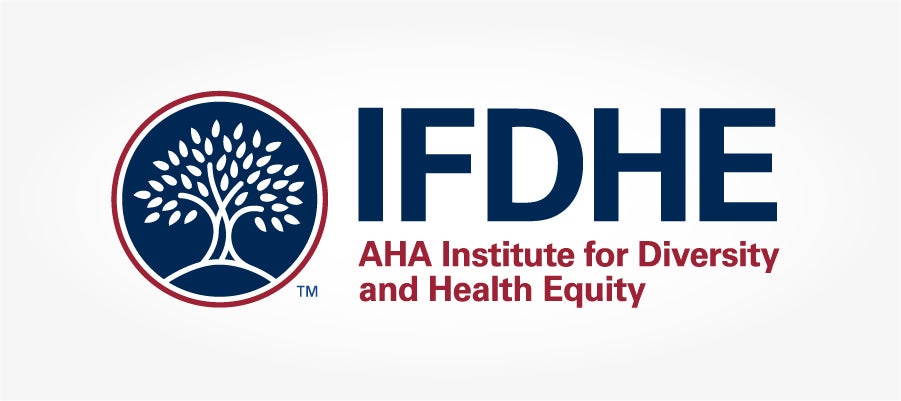
News







Latest
The Food and Drug Administration released comparative performance data for 55 COVID-19 molecular diagnostic tests.
The Department of Health and Human Services released its strategy for the public distribution of a COVID-19 vaccine. HHS said that it developed the strategy in coordination with the Department of Defense and the Centers for Disease Control and Prevention.
U.S. adults between the ages of 19-22 who reported vaping nicotine and marijuana in 2019 did so in numbers that represent the largest increase in 45 years of use of any substance, according to the National Institutes of Health-funded Monitoring the Future study.
In this Institute for Diversity and Health Equity webinar, Ryan De Souza, associate director at FSG, and Kate Sommerfeld, president of the Social Determinants of Health Institute at Toledo-based ProMedica, share insights and case examples on the business case for advancing racial equity through community-based, multisector partnerships.
The Value Rounds Podcast Series: Working toward Value Together, produced by AHA’s The Value Initiative and Physician Alliance, explores how hospital leaders and clinicians are working together to address health care value and affordability.
The AHA invites hospitals and health systems to participate in the Better Maternal Outcomes Improvement Sprint, a free, six-week program focused on reducing harm from maternal hemorrhage.
The Centers for Medicare & Medicaid Services today updated the Transformed Medicaid Statistical Information System (T-MSIS) and its Data Quality Atlas tool with Medicaid and Children’s Health Insurance Program data for calendar years 2017 and 2018.
The Emergency Triage, Treat, and Transport Model will begin Jan. 1, the Centers for Medicare & Medicaid Services announced.
Eligible organizations can apply for up to $5 million each to serve as lead organizations for the Community Transformation Track in the Centers for Medicare & Medicaid Services’ Community Health Access and Rural Transformation Model.
The AHA Center for Health Innovation and AHA’s Society for Health Care Strategy and Market Development Navigating a New Reality Virtual Conference concluded today with a keynote session on the future of virtual health Atrium Health’s Scott Rissmiller, M.D., executive vice president and chief physician executive, Jhaymee Tynan, Atrium Health’s assistant vice president of integration.
The National Institutes of Health announced a new public-private partnership, the goal of which is to meet the urgent need for early therapeutic interventions for people at risk of developing schizophrenia.
Eighty organizations in 36 states and two territories, including some hospitals and health systems, will receive close to $25 million in grants through the Health Resources and Services Administration as part of the Rural Communities Opioid Response Program, the Department of Health and Human Services announced.
Many rural hospitals have been challenged with maintaining obstetric services but are now partnering with others to improve birth outcomes for mothers and babies.
Accountable care organizations in the Medicare Shared Savings Program generated $1.19 billion in total net savings to Medicare in 2019, the third and largest annual savings for the program to date, Centers for Medicare & Medicaid Services Administrator Seema Verma announced.
The Centers for Medicare & Medicaid Services released guidance for states on opportunities to advance value-based care in Medicaid, which reviews available federal authorities and “lessons learned” from early state and federal experiences.
The Centers for Medicare & Medicaid Services proposes to fully phase in its new risk adjustment model for Medicare Advantage plans in calendar year 2022, as required by the 21st Century Cures Act, the agency announced yesterday.
As urged by the AHA, the Centers for Medicare & Medicaid Services announced that it will withdraw its Medicaid fiscal accountability proposed rule from its regulatory agenda.
A Centers for Disease Control and Prevention study found that Hispanic, Black and American Indian/Alaskan Native persons under the age 21 disproportionately accounted for most COVID-19-related deaths in this age category.
People recently diagnosed with substance use disorders were more likely to develop COVID-19 and be hospitalized or die from the virus, according to a National Institutes of Health-funded study.
A bipartisan group of lawmakers in the House of Representatives are mobilizing around a new COVID-19 relief proposal.

